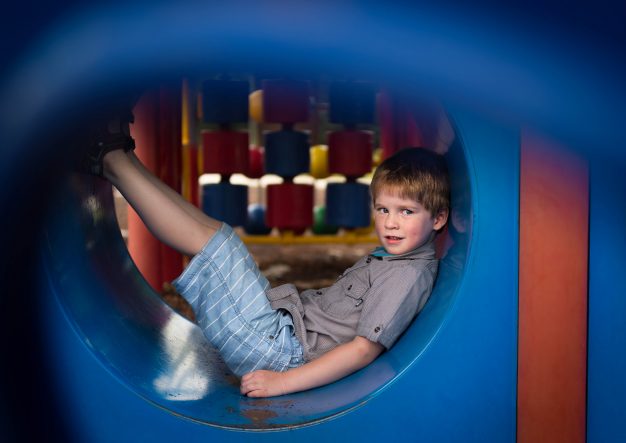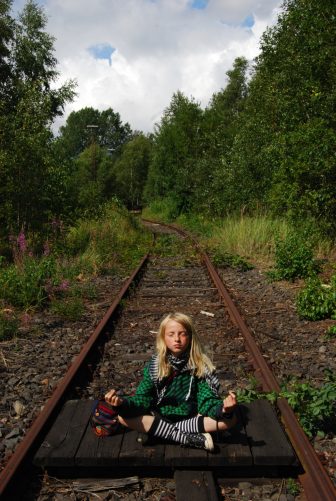
More time off leads to better motivated children, says German study
A new study of German school students stresses the importance of children having enough break times and chances to relax and reflect, for their motivation and well-being
For experts in children’s well-being it may come as no surprise, but there can never be enough evidence of the fact that children need sufficient free time for themselves to find motivation for any kind of learning, especially at school.
“We need more time in which we can relax and reflect upon ourselves”, says Michaela Brohm-Badry, who is a Professor for Empiric Education Studies at the University of Trier. In her study with over 1000 pupils from both elementary and high schools in Trier she demonstrates that pupils were most motivated when they had a high level of self reflection.
“Schools should allow their pupils enough time to reflect upon themselves as well as upon the tasks they are supposed to do” is one of the conclusions of Professor Brohm-Badry’s study, and, as explains, it is important for the pupils that the school strengthens five areas of well-being:1) positive emotions such as hope, gratitude and warmth; 2) engagement in the subjects of their study; 3) positive relations that are sustaining and energising; 4) understanding of the rationale for their study: why are we doing this and what does this support in bigger picture?; and, last but not least, 5) feelings of success and achievement: that their activities have results.
‘Professor for happiness’
Professor Brohm-Badry, who has been dubbed the “Professor for Happiness” in media articles reporting on her insights for motivation, criticizes the prevalent paradigm of achievement mainly concentrated on competition and efficiency. Her work reveals the limitations of the dominant formula, wherein ‘Achievement is work divided through time’. To find motivation in the first place, and to sustain it, she says it is necessary to add “well-being”. Thus, her improved formula goes like this: ‘Achievement is work times well-being divided through time’.
 Professor Brohm-Badry hopes that her research helps to improve the situation of learning at schools. She not only publishes her results on various channels but also trains teachers to reflect more on the sources of student motivation.
Professor Brohm-Badry hopes that her research helps to improve the situation of learning at schools. She not only publishes her results on various channels but also trains teachers to reflect more on the sources of student motivation.
Another advocate for children to have more free time is the German brain researcher Gerald Hüther, well-known for his popular books on children’s brain function and its role in their development. He compares the brain with a big pharmacy cupboard, with lots of drawers in which the brain files different contents of knowledge. By doing certain activities like cycling, the brain opens certain drawers needed for this specific activity.
Pressure of achievement
In a state of first doing nothing specific, but reflecting and finding motivation – maybe to play or to tackle a task – the brain is likely to open all its drawers to find a creative combination of existing knowledge leading from a state of “focussed attention” to “perception and “awareness” – a state which is aspired and looked for by many adults who feel rather oppressed by the permanent pressure of achieving and optimising.
Hüther’s solution will please children’s play campaigners. He calls on everybody – adults and children alike – to play more and to spend more time in reflection: retracing our steps, for example, appreciating the environment, or just dwelling on our thoughts.
Darijana Hahn
Main photo: Adrian Fallace
Inset photo: Darijana Hahn




